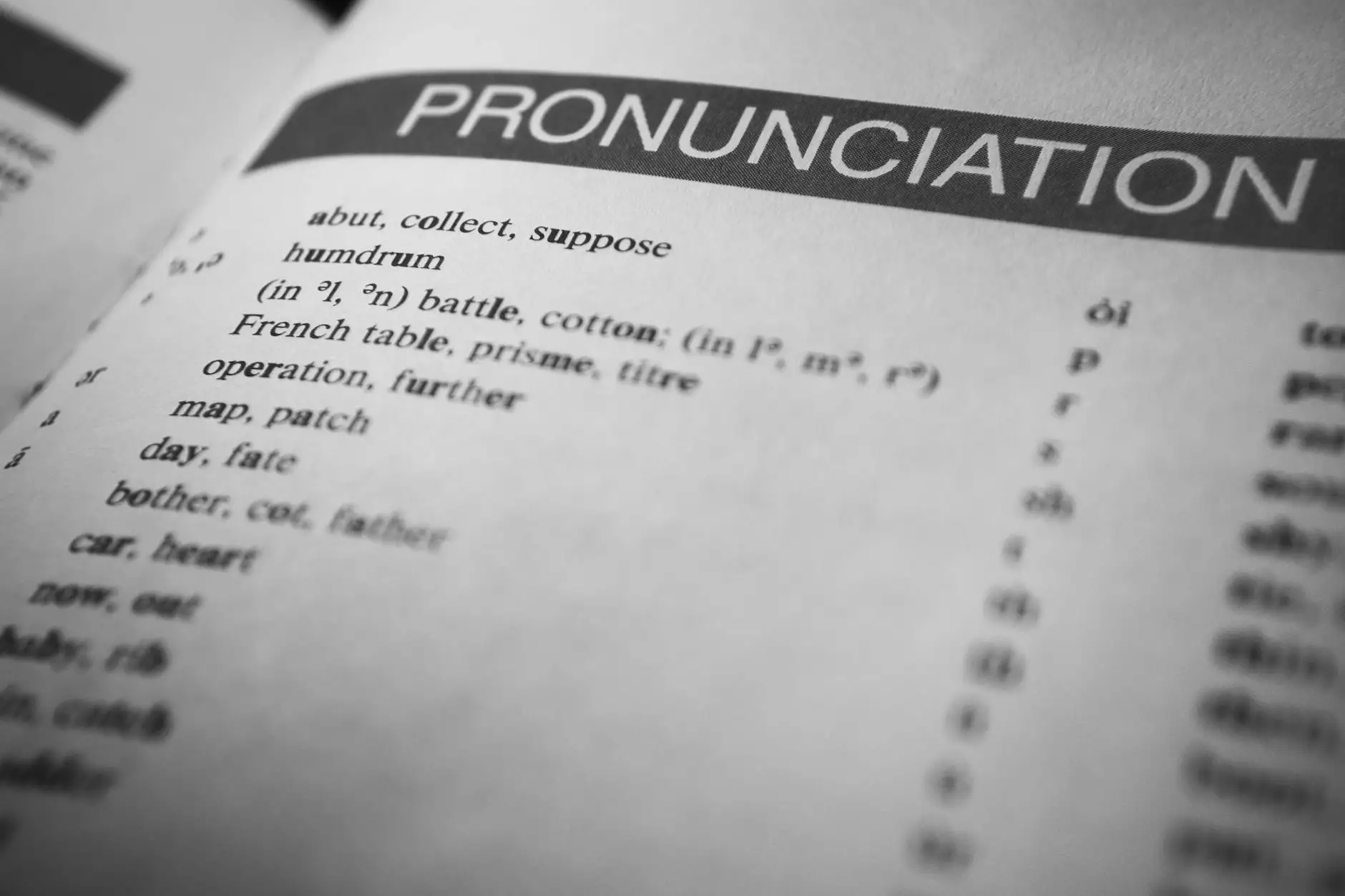Using "How Come" in English Conversation
English Grammar Lessons
The Power of "How Come"
At NJCLT, we understand the importance of mastering idiomatic expressions to enhance your English fluency. In this article, we will delve into the versatile phrase "how come" and explore its usage in English conversation.
1. What Does "How Come" Mean?
"How come" is an informal phrase used to ask about the reason or cause behind something. It is commonly used in spoken English, particularly in casual or friendly conversations. While "why" is a more formal expression, "how come" adds a touch of familiarity, making it useful in various social situations.
2. Using "How Come" Appropriately
It's important to understand the context and tone in which "how come" is used to ensure effective communication. Here are some key points to keep in mind:
2.1 Informal Conversations
"How come" is best suited for informal conversations among friends, family, or acquaintances. It helps create a relaxed and approachable atmosphere, encouraging open and honest dialogue.
2.2 Casual Tone
When using "how come," it's essential to adopt a casual tone. Remember, this phrase is not suitable for formal or professional settings, such as business meetings or academic presentations.
3. Examples of Using "How Come"
Let's explore some examples of "how come" in different scenarios:
3.1 Inquisitive Inquiry
"Hey, John! How come you didn't attend the party last night? We missed you!"
3.2 Expressing Surprise
"How come Sarah got promoted so quickly? She just started working here!"
3.3 Seeking Clarification
"I heard you won the lottery. How come I didn't see any celebrations?"
4. Improving Conversational Skills
Practicing the usage of "how come" in conversations can greatly enhance your language fluency and overall communication skills. Here are some tips to help you:
4.1 Watch Movies and TV Shows
Watching movies and TV shows featuring native English speakers is an excellent way to familiarize yourself with idiomatic expressions. Pay attention to how characters use "how come" in different situations.
4.2 Engage in Conversation Exchanges
Participate in language exchange programs or find a language partner who is a native English speaker. Regular conversations will provide you with ample opportunities to practice using "how come" naturally.
4.3 Learn from Native Speakers
Interacting with native speakers can help you grasp the nuances of using "how come" effectively. They can offer valuable feedback and correct any language errors you may make.
5. Conclusion
In conclusion, "how come" is a valuable phrase that adds flair to your English conversations. By understanding its usage, practicing conversations, and immersing yourself in English media, you can confidently incorporate "how come" into your linguistic repertoire. Start using this expression today and make your English conversations more engaging!










